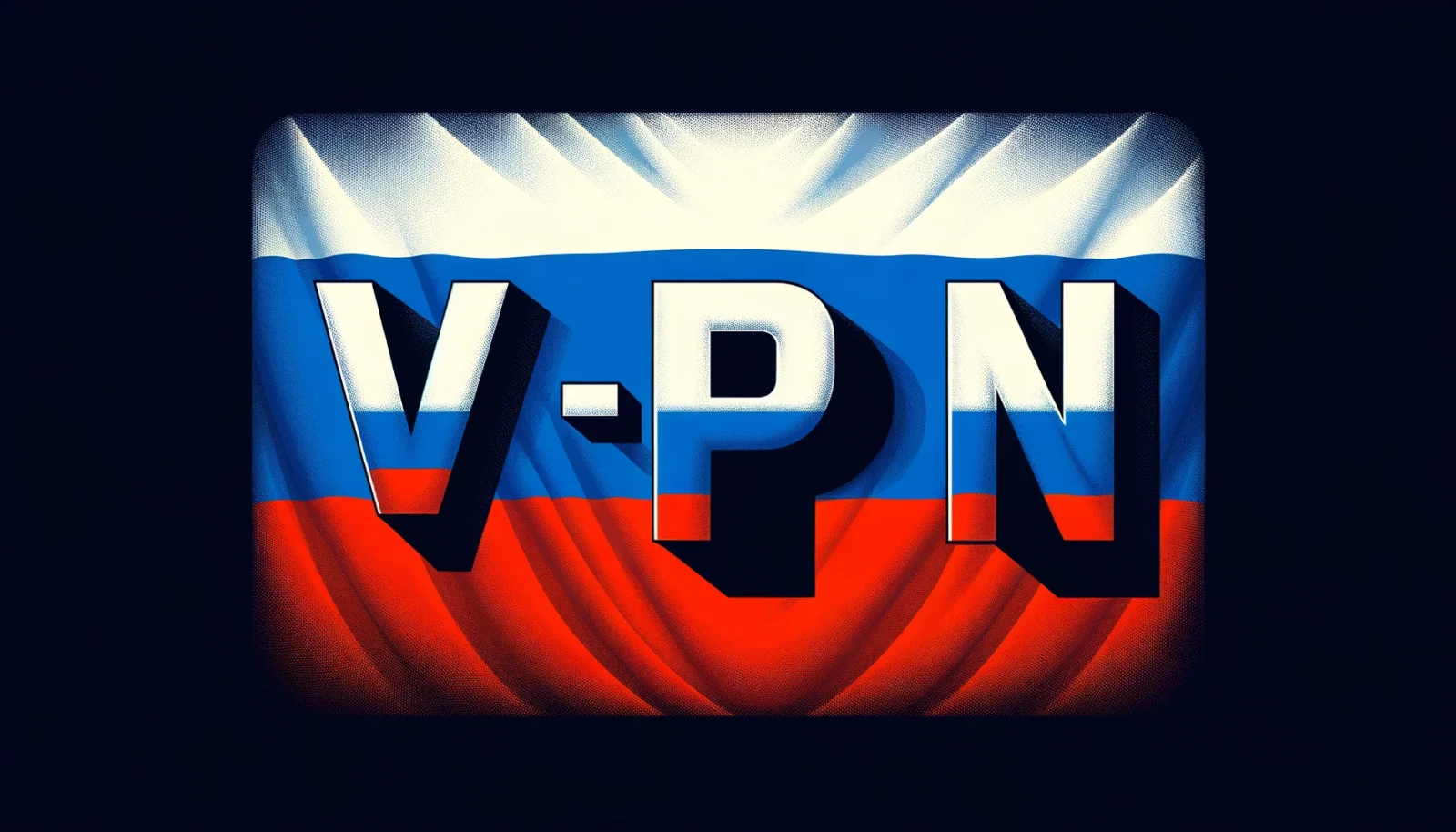In recent years, Russia has intensified its efforts to control the digital realm within its borders, culminating in a comprehensive crackdown on Virtual Private Networks (VPNs). This move, as announced by Roskomnadzor, Russia’s communications watchdog, aims to enforce a ban on VPN services starting from March 1, 2024.
The decision underscores the government’s commitment to restrict access to websites and online platforms deemed illegal within the country.
The backdrop of this decision is a complex web of geopolitical tensions and internal policy directives. Following the onset of military actions in Ukraine, Russia witnessed a significant uptick in VPN usage. Citizens turned to these services to circumvent restrictions imposed on Western social media platforms, seeking unfiltered news and a platform for free expression.
The government’s response, articulated by a senator from the ruling United Russia party, positions the ban as a necessary measure to block access to “sites banned in Russia,” including those under the umbrella of Meta Platforms, labeled as an extremist organization by Russian authorities.
The official stance posits the VPN ban as a safeguard against “unlawful content.” Cited concerns range from the spread of extremism to the distribution of drugs and child pornography.
By encrypting internet traffic and routing it through servers outside of Russia, VPNs enable users to bypass the government’s internet censorship, presenting a challenge to the state’s control over online content.
This is not Russia’s first attempt to corral the digital frontier. The journey began in 2017 when President Putin signed a bill into law, banning the use of VPNs, the Tor network, and proxies for accessing blocked content without government approval. This legislation was framed as an effort to protect Russian citizens from accessing illegal content.
However, the enactment of the law set off a series of VPN bans aimed at stifling the free flow of information, spotlighting the government’s broader strategy to control the internet.
The list of banned VPN services reads like a who’s who of the industry, with notable names such as ExpressVPN, NordVPN, and others making the cut. These services found themselves on the Russian government’s blacklist as part of a campaign to curtail access to prohibited information. Yet, the efficacy of such bans remains a topic of debate.
VPN providers have historically deployed countermeasures to circumvent government-imposed blocks, sparking an ongoing technological tug-of-war between the authorities and VPN operators.
Moreover, there’s speculation that Russia might leverage its relationship with China to enhance its internet censorship capabilities.
Drawing parallels with China’s Great Firewall, experts suggest that collaboration between the two countries could lead to the sharing of censorware techniques, underscoring the global implications of Russia’s digital policies.
The VPN ban is emblematic of Russia’s larger internet control agenda, which includes requiring companies to store Russian users’ data on domestic servers and penalizing Western social media giants for non-compliance with Russian laws.
This crackdown is part of a pervasive censorship regime aimed at limiting the Russian populace’s access to information that contradicts government narratives or exposes citizens to banned material.
As Russia strides toward digital sovereignty, questions about the implications for internet freedom and the right to information persist. The VPN ban, while framed as a protective measure, casts a long shadow over the global debate on digital rights and the balance between national security and personal freedoms.







